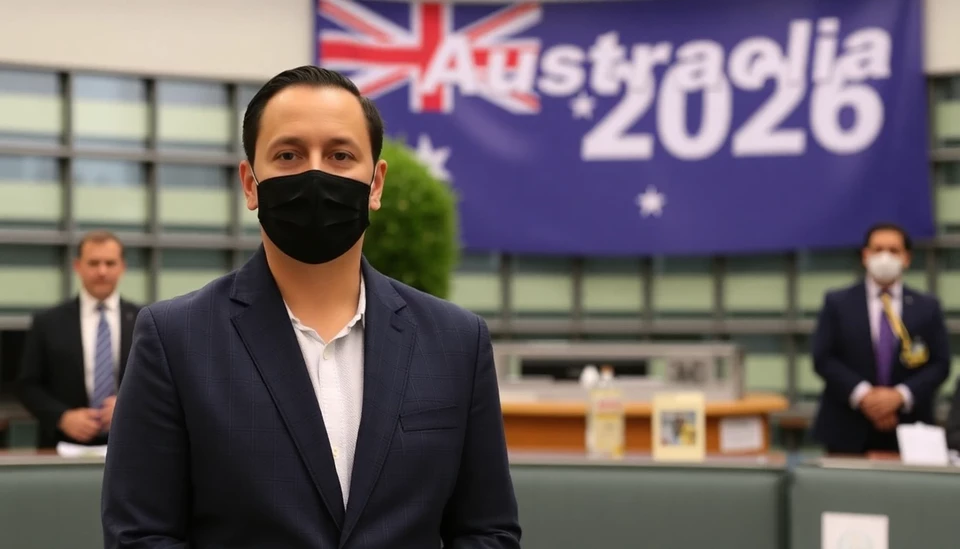
Australia's economy is beset with various challenges of late, and a great deal of this has been contributed by unremitting rates of inflation. These have put the interest rate decisions of the Reserve Bank of Australia under heavy scrutiny. Despite high-pitched demands from many quarters to reduce interest rates in order to help boost economic growth, the RBA will have none of that. The dynamics of all these reasons captured for such a decision have been highly controversial and discussed in many recent podcasts and news analyses.
In one of its recent episodes on the Bloomberg podcast, experts discussed the intricacies of Australia's economic outlook. The said experts elaborated on the main determinants for such a long-reaching inflation rate, which has been one of the guiding factors in monetary policies devised by the RBA. In this regard, the central bank is showing resistance to decreasing interest rates based on its pledge to help stabilize the economy through containing inflation, rather than creating even more economic instability by potentially premature rate cuts.
It is indeed broad-based inflation pressure, driven more significantly by global than by domestic factors. Disrupted supply chains, because of geopolitical tensions across the globe, have inflated the price of imports and hence prices in all sectors. On the domestic front, weather disasters curtailed agricultural output and pushed up food prices. Spending for recovery after the pandemic and a constraint in the labour market also pushed upward wage costs, adding to overall inflationary pressures.
Experts said that it's just caution by the RBA to balance the economic recovery. Any premature rate cut may lead to over-increase of demand, therefore exaggerating the inflation problem. What the RBA is going to implement is a long-term solution; it would stabilize prices, keep a balance between the economy.
The interest rates are a linchpin monetary lever for heating up or cooling down the economy. Normally, at low levels of interest rates, there is high borrowing and spending hence, theoretically, high economic growth. While experiencing uphill inflation, the problem will be deteriorated at this point because it would push demand beyond supply capacities and result in even higher prices. The balancing act here goes to the very heart of the RBA's current policy decisions.
Besides, the reluctance of RBA to cut interest rates is also due to its forward-looking approach. The central bank is closely watching the economic pointers and is ready to switch over its tactics if the inflationary trends started showing signs of flattening. The future economic outlook will be crucial for deciding the time and intensity of the interest rate changes, given the possibilities of geopolitical resolutions and ways of domestic recovery.
As the situation unfolds, the interest in the state of the country's economy taken by the Australian public and international investors grows. The laborious debate over interest rates and inflation underlines the more general debate on sustainable economic policy in today's globally unstable environment. RBA cautiously yet strategically takes a stand, attempting to maneuver through such complexities in favor of long-term stability rather than temporary alleviation.
The coming months shall be crucial in deciding how well the policies of RBA have shaped up and what is the general trend that the economy of Australia is going to take. As and when the trend in inflation and economic indicators unfold, no doubt the future action of the RBA would remain a focal point of discussion of economic discourse.
Or, in other words, the reluctance of the RBA toward interest rate cuts is a part of the conscious strategy to win Australia a better economic future. The central bank seeks, therefore, a durable recovery of the economy, trying to balance immediate needs with long-term strategic positions in an attempt to contain inflation.
#Australia #RBA #InterestRates #Inflation #Economy #MonetaryPolicy #CentralBank #EconomicStability
Author: Rachel Greene




